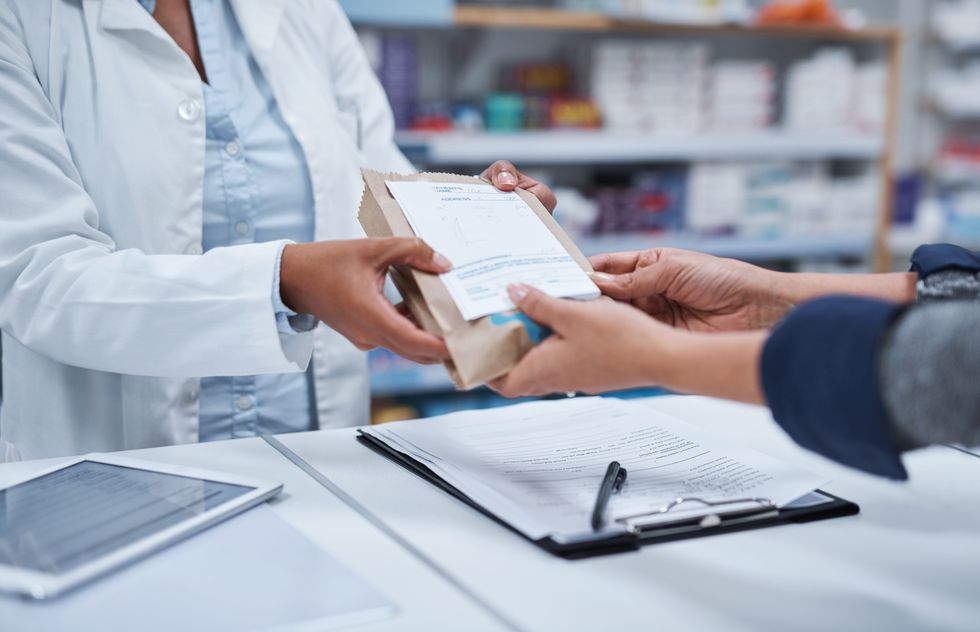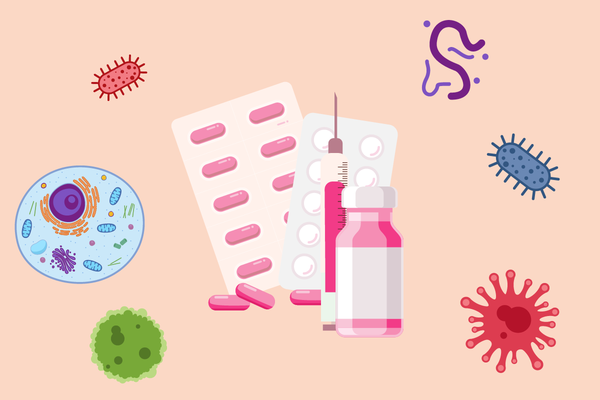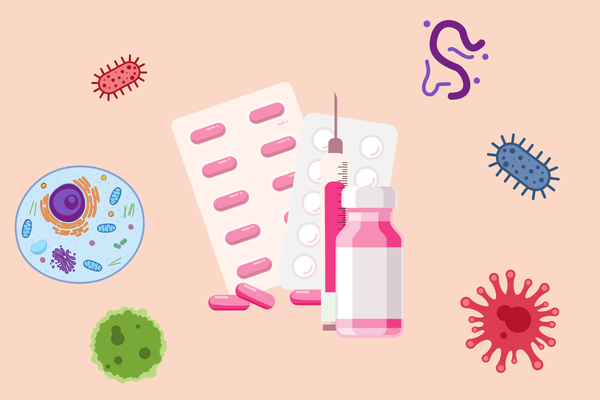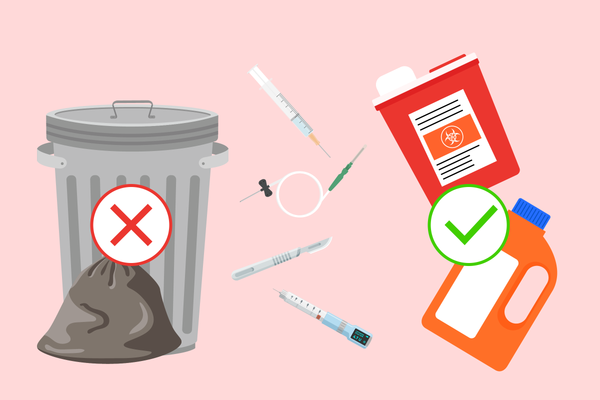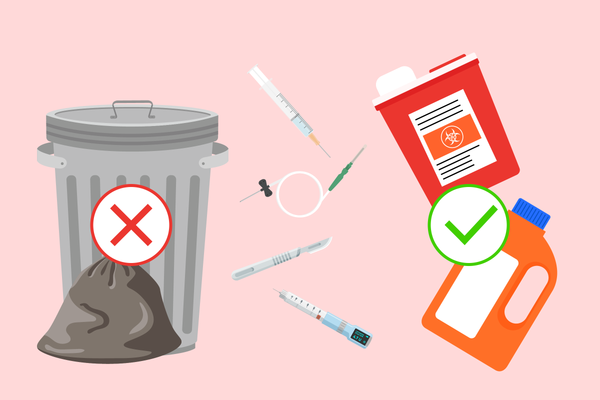By Vivian Manning-Schaffel
You can't watch a pharmaceutical ad without hearing a laundry list of potential side effects—sometimes the kind that can make the hair on the back of your neck stand up. It can be daunting to hear "may cause heart problems, liver cancer and death," just as you're about to fill a prescription for that very same medication.
Those side-effect warnings may be daunting but are completely necessary. "Direct-to-consumer" pharmaceutical ads are a relatively recent development. According to the U.S. Food and Drug Administration (FDA) website, direct-to-consumer advertising began in earnest around the mid-1980s. Before that, detailed information about pharmaceuticals were given to health care professionals who prescribe medications and pharmacists to share with their patients or customers.
Today, pharmaceutical advertising is a multibillion-dollar industry. According to a JAMA Network article, from 1997 through 2016, medical marketing spend skyrocketed to $29.9 billion from $17.7 billion, with direct-to-consumer advertising for prescription drugs and health services leading the growth. That's a lot of money.
To keep consumers aware of potential side effects, the FDA requires direct-to-consumer ads placed by pharmaceutical companies to include a summary of every risk in the product's labeling for three types of regulated advertising:
- Product Claim Ads
These ads name the drug they are marketing and are required by the FDA to call out both potential benefits and risks "in a balanced fashion." They are also required to be truthful and easy for consumers to understand. - Reminder Ads
You know those ads that show you how much easier life can be thanks to such-and-such a medication? Reminder ads name the drug they are promoting but not the condition you might take it for. That's why these ads can't be used to promote meds with potentially serious side effects. - Help-Seeking Ads
Focused on a specific health issue or condition, these ads are the reverse of reminder ads in that they shy away from naming a specific medication, though the ad is likely created for and paid for by a pharmaceutical company. According to the FDA, common conditions often seen in these kinds of ads are allergies, asthma and erectile dysfunction.
What should you do if you've been prescribed a medication and are alarmed by the ad warnings?
Selena E. Ortiz, PhD, MPH, assistant professor, Health Policy and Administration & Demography at the College of Health and Human Development, and faculty affiliate, The School of Public Policy at Pennsylvania State University, says your first move is to call your doctor as soon as you can: "I would suggest that patients, without hesitation, should immediately contact their physician to discuss their concerns."
Ideally, your primary care professional should be the one you turn to in any situation where you have questions involving your health, which includes concerns about any medications you are taking as well as questions raised by advertising.
Hair-raising ads aside, what if you learn your medication was recalled? Your first move should be to take it back to the pharmacy to confirm whether your batch is affected by the recall, says Allison Dering-Anderson, PharmD, RP, clinical associate professor at the Department of Pharmacy Practice and Science at the University of Nebraska Medical Center. "Customer-level recalls are actually very rare, but when a prescription drug is recalled, the company will tell pharmacies and patients what to do. Most often, the pharmacy is the place where recalled drugs are collected," she explains.
"If you haven't been notified of a recall directly, you may call the dispensing pharmacy and ask what to do," says Dering-Anderson. "The dispensing pharmacy is the only place that can identify the lot number you received."
Until told otherwise by your primary care professional, keep taking your meds. If you abruptly stop your medication you could put your health at risk for serious side effects—medication-related or otherwise.
And if you hear about a medication recall but aren't sure if your meds are affected, check the FDA Enforcement Report, a weekly post from the FDA of all recalled medications.
The sooner you know, the sooner you can take your next step to keep your meds safe and effective for your health.

